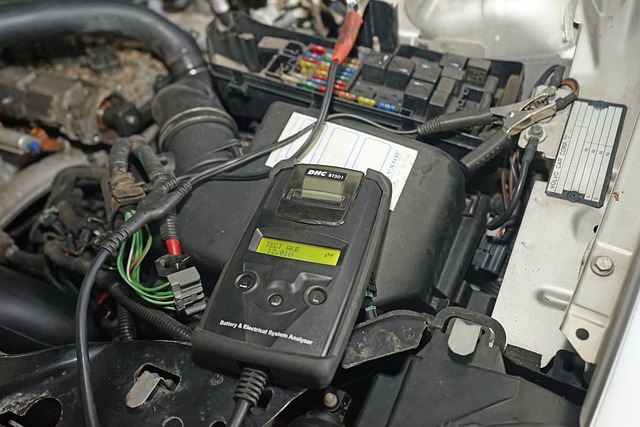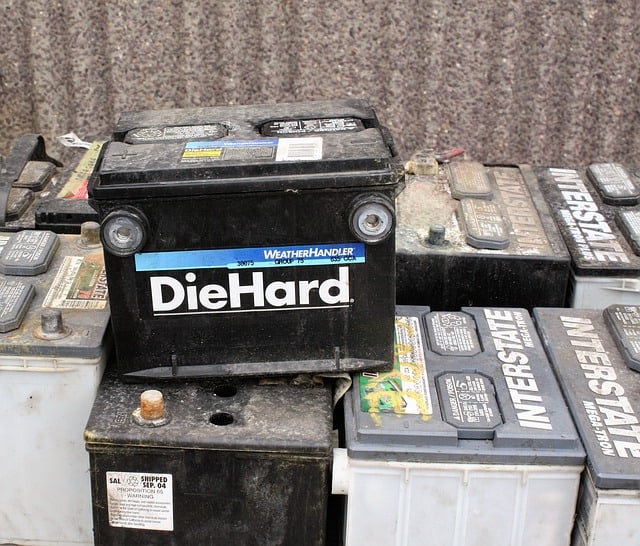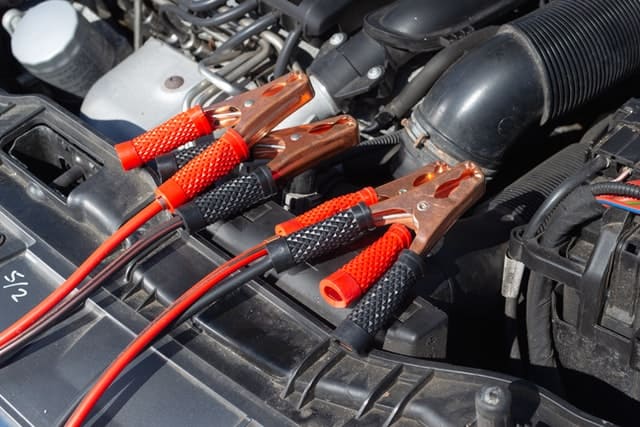Last Updated on March 1, 2025 by Nate Schnell
A car battery that keeps dying is more than just an inconvenience—it’s a sign that something is wrong with the electrical system, charging process, or the battery itself. If you find yourself frequently dealing with a dead battery, the problem needs to be diagnosed and addressed before it leads to further complications. Simply recharging the battery over and over won’t fix the underlying issue.
Common Reasons Your Car Battery Keeps Dying
There are several potential causes for a car battery that keeps losing power. The most common reasons include a failing battery, an alternator that isn’t charging properly, parasitic drains, loose connections, or extreme temperatures. Understanding these factors can help you determine the right course of action.
A Failing or Dead Battery
Car batteries have a limited lifespan, typically lasting between three to five years. As a battery ages, its ability to hold a charge decreases, and if it has been drained completely multiple times, its overall capacity is reduced. If your battery is old or has been frequently discharged, it may no longer function properly and will need to be replaced.
A Faulty Alternator
The alternator is responsible for recharging the battery while the engine runs. If it’s not working correctly, the battery won’t receive enough charge to stay powered. A faulty alternator can cause the battery to drain, even if the battery itself is still in good condition. A common sign of alternator issues is a battery warning light on the dashboard or a car that dies shortly after being jump-started.
Electrical Drains (Parasitic Draws)
Certain electrical components in your car continue drawing power even when the engine is off. Some of these, like security systems, radio presets, or clock functions, use minimal power. However, aftermarket accessories, interior lights left on, or a malfunctioning electrical component can create a parasitic drain that depletes the battery overnight. If your battery consistently dies without warning, this could be the cause.
Loose or Corroded Battery Connections
The battery terminals must have a strong, secure connection to the electrical system to function properly. Loose connections can create resistance, causing improper charging and eventual power loss. Corrosion buildup on the terminals can also weaken the connection. Cleaning the battery terminals and ensuring they are properly tightened can often resolve this issue.
Extreme Temperatures
Batteries are highly sensitive to temperature fluctuations. Cold weather can slow down the chemical reactions inside the battery, making it harder to hold a charge, while excessive heat can cause the internal components to degrade faster. If your car struggles to start in the winter or if your battery fails frequently in hot conditions, extreme temperatures may be a factor.
How to Diagnose a Failing Battery
To determine whether your battery is the cause of the problem, you can use a multimeter to measure its voltage. With the engine off, a healthy battery should read around 12.6 volts. When the engine is running, the voltage should increase to between 13.7 and 14.7 volts, indicating that the alternator is charging the battery properly. If the voltage is significantly lower, your battery may not be holding a charge and could need replacement.
Testing Your Alternator
If the battery appears to be in good condition but the car still struggles to hold a charge, the alternator may be at fault. With the engine running, use a multimeter to measure the battery voltage. If it remains below 13.7 volts, the alternator isn’t providing sufficient charge. Other signs of alternator failure include dim headlights and unusual electrical malfunctions while driving.
Finding Electrical Drains
If your battery and alternator both appear to be working, but the battery continues to die, an electrical drain might be the issue. To diagnose this, turn off the engine and remove the key. Using a multimeter, test the battery’s power draw when the car is off. If the reading is higher than normal, begin removing fuses one by one to identify the circuit responsible for the drain. Common culprits include faulty aftermarket accessories, interior lighting, and malfunctioning electronic components.
Preventing Your Car Battery from Dying
To extend the life of your car battery and prevent unexpected failures, consider adopting these practices:
- Keep battery terminals clean and free of corrosion.
- Secure battery connections to ensure proper electrical flow.
- Drive your car regularly to allow the alternator to recharge the battery.
- Avoid frequent short trips that don’t give the battery enough time to recharge.
- Turn off all lights and accessories when the car is not in use.
- Use a battery maintainer if you don’t drive your vehicle often.
When to Replace Your Battery
If your battery is more than three years old and repeatedly dies despite troubleshooting, replacement may be the best option. Modern batteries are designed to last several years, but once they begin failing, they will continue to degrade even with regular recharging. Investing in a high-quality replacement battery can save you from recurring issues.
Final Thoughts
A car battery that keeps dying is a clear sign of an underlying issue. Whether it’s a weak battery, a failing alternator, or an electrical drain, identifying and fixing the problem is essential to keeping your car running reliably. By performing regular maintenance and staying proactive with diagnostics, you can prevent frustrating battery failures and ensure your vehicle starts when you need it most.



